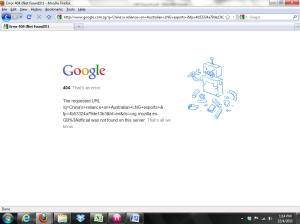In this Project Syndicate’s article entitled “Life in the Uber City“, MIT’s Senseable City Lab researchers encourage policymakers to direct resources towards supporting “a bottom-up” ecosystem to make smart cities a reality and also to nurture “the regulatory frameworks” which creates the urban space to allow innovations to thrive.
On one hand, I agree with their call to enable a more conducive regulatory environment for smart city innovations like Uber, Nest and Airbnb to flourish, but I also believe that technology multinationals programmes such like Microsoft CityNext and IBM Smarter Planet should not be avoided. These multinationals play a very important role to support the larger local technology economy and provide important institutional knowledge and best practices to make such smart cities innovations truly scale up beyond district level and spread the benefits across the entire city.
Therefore, policymakers should not be forced to go one way over the other but keep an open mind about technology, and focus their effort on developing a regulatory environment which supports all innovation from both sides – start-ups or multinationals, to thrive, and that’s a really smart choice.









